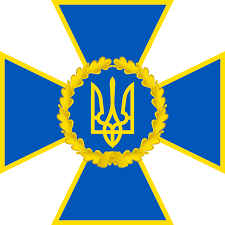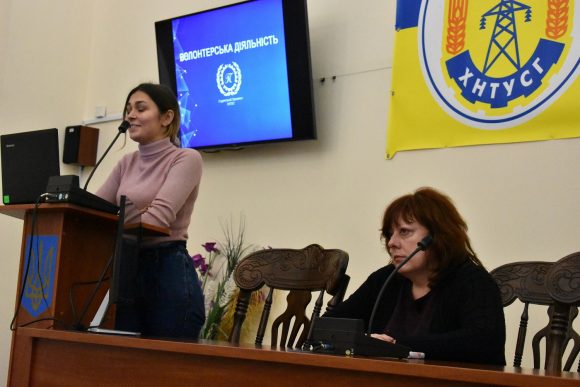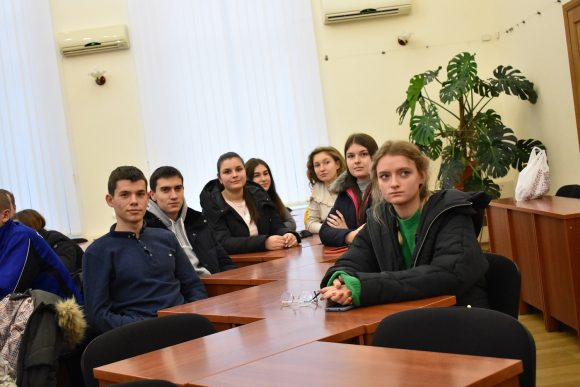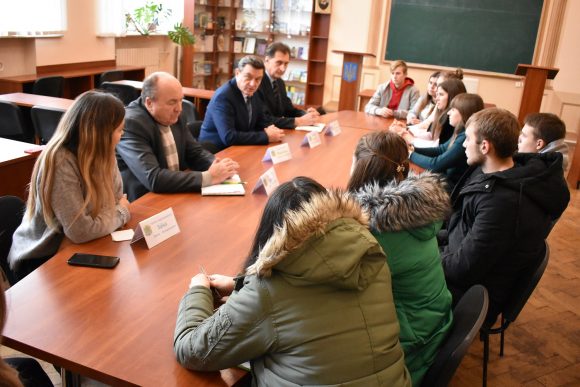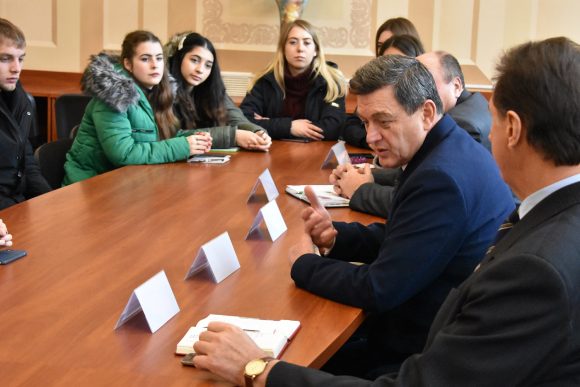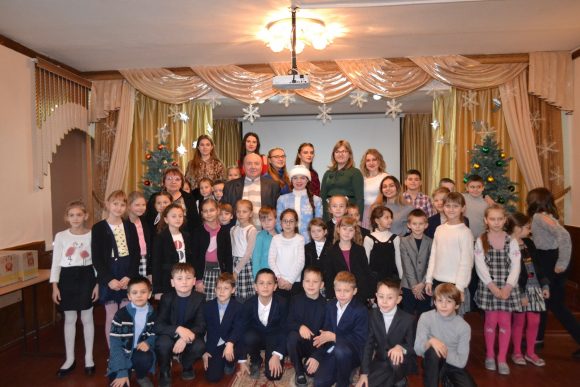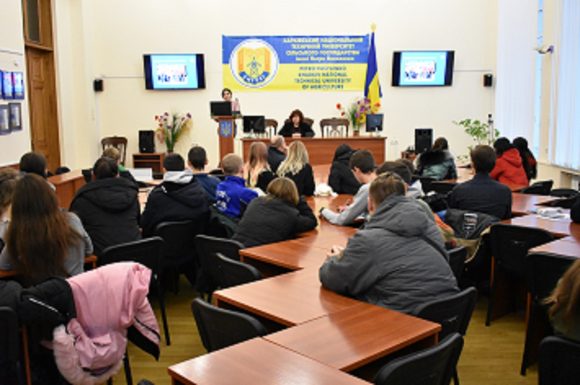Student government

 1. In higher education institutions and their structural subdivisions there is student self-government, which is an integral part of public self-government of the respective educational institutions. Student government is the right and opportunity of students (cadets, except for military cadets) to decide on issues of education and life, protection of the rights and interests of students, as well as to participate in the management of higher education.
1. In higher education institutions and their structural subdivisions there is student self-government, which is an integral part of public self-government of the respective educational institutions. Student government is the right and opportunity of students (cadets, except for military cadets) to decide on issues of education and life, protection of the rights and interests of students, as well as to participate in the management of higher education.
Student government unites all students (cadets, except military cadets) of the relevant higher education institution. All students (cadets) studying in a higher education institution have equal rights and can be elected and elected to working, advisory, elected and other student self-government bodies.
Student government provides protection of the rights and interests of students (cadets) and their participation in the management of higher education. Student self-government is carried out by students (cadets) directly and through student self-government bodies, which are elected by direct secret ballot of students (cadets).
2. In their activities, student self-government bodies are guided by the legislation, the charter of the higher education institution and the regulations on student self-government of the higher education institution.
3. Student government bodies operate on the principles of:
1) voluntariness, collegiality, openness;
2) election and reporting of student self-government bodies;
3) equality of the right of students (cadets) to participate in student self-government;
4) independence from the influence of political parties and religious organizations (except for institutions of higher spiritual education).
 4. Student self-government is carried out at the level of the student group, institute (faculty), department, dormitory, institution of higher education. Depending on the contingent of students (cadets), the type and specifics of the institution of higher education, student self-government can be carried out at the level of the course, specialty, campus, structural units of the institution of higher education.
4. Student self-government is carried out at the level of the student group, institute (faculty), department, dormitory, institution of higher education. Depending on the contingent of students (cadets), the type and specifics of the institution of higher education, student self-government can be carried out at the level of the course, specialty, campus, structural units of the institution of higher education.
Student self-government bodies can take various forms (parliament, senate, headmaster, student administration, student deans, student councils, etc.).
Representative, executive and control-audit bodies of student self-government are elected for a term of one year. Students (cadets) elected to student self-government bodies may be removed from their positions based on the results of general secret ballot of students. At least 10 percent of students (cadets) of a higher education institution must collect signatures to initiate such a vote.
The head of the student government and his deputies may hold office for no more than two terms.
Upon termination of a person’s education in a higher education institution, his / her participation in the student self-government body shall be terminated in accordance with the procedure provided for by the regulations on student self-government of the higher education institution..
The body of student self-government may be registered as a public organization in accordance with the legislation, taking into account the features established by this Law.
5. Student government:
1) participate in the management of a higher education institution in the manner prescribed by this Law and the charter of the higher education institution;
2) participate in the discussion and resolution of issues of improving the educational process, research, scholarships, leisure, health, living and nutrition;
3) conduct organizational, educational, scientific, sports, health and other activities;
4) participate in activities (processes) to ensure the quality of higher education;
5) protect the rights and interests of students (cadets) studying in a higher education institution;
6) delegate their representatives to working, advisory bodies;
7) adopt acts regulating their organization and activities;
8) participate in addressing the issues of ensuring proper living conditions for students in dormitories and the organization of student meals;
9) dispose of funds and other property on the balance sheet and bank accounts of student self-government bodies;
10) make proposals on the content of curricula and programs;
11) make proposals on the development of the material base of the institution of higher education, including on issues related to the life and leisure of students;
12) have the right to announce protests;
13) perform other functions provided by this Law and the regulations on student self-government of higher education institutions.
6. In agreement with the student government of the institution of higher education, decisions are made on:
1) expulsion of students (cadets) from the institution of higher education and their renewal for study;
2) transfer of persons studying in a higher education institution by state order to study under a contract at the expense of individuals (legal entities);
3) transfer of persons studying in a higher education institution at the expense of individuals (legal entities) to study at the state order;
4) appointment of the deputy dean of the faculty, the deputy director of the institute, the deputy head of the institution of higher education;
5) settlement of persons studying in a higher education institution in a dormitory and their eviction from a dormitory;
6) approval of the rules of procedure of the institution of higher education in the part concerning the students;
7) activities of campuses and dormitories for accommodation of persons studying in a higher education institution.
7. The highest body of student self-government is the general meeting (conference) of students (cadets), which:
1) adopt regulations on student self-government of higher education institutions, determine the structure, powers and procedure for holding direct secret elections of representative and executive bodies of student self-government;
2) listen to the reports of representative, executive and control-audit bodies of student self-government, give them an appropriate assessment;
3) approve the procedure for the use of property and funds of student self-government bodies, support of student initiatives on a competitive basis;
4) approve the annual cost estimate (budget) of student self-government bodies, make changes and additions to it, hear a report on its implementation;
5) elect a control and revision commission from among students (cadets) to carry out current control over the state of use of property and execution of the budget of student self-government bodies.
8. The administration of a higher education institution has no right to interfere in the activities of student self-government bodies.
9. The head of the higher education institution provides appropriate conditions for the activities of student self-government bodies (provides premises, furniture, office equipment, provides telephone communication, permanent Internet access, allocates space for information stands, etc.), and an agreement is concluded.
10. The financial basis of student government is:
1) funds determined by the Academic Council of the institution of higher education in the amount of not less than 0.5 percent of own revenues received by the institution of higher education from the main activity;
2) membership fees of students (cadets), the amount of which is set by the highest body of student self-government of the institution of higher education. The amount of the monthly membership fee of one person may not exceed 1 percent of the subsistence minimum established by law.
11. Funds of student self-government bodies are directed to the performance of their tasks and exercise of powers in accordance with the estimates approved by them.
Student self-government bodies publicly report on the use of funds and the implementation of estimates at least once a year.
Documents

